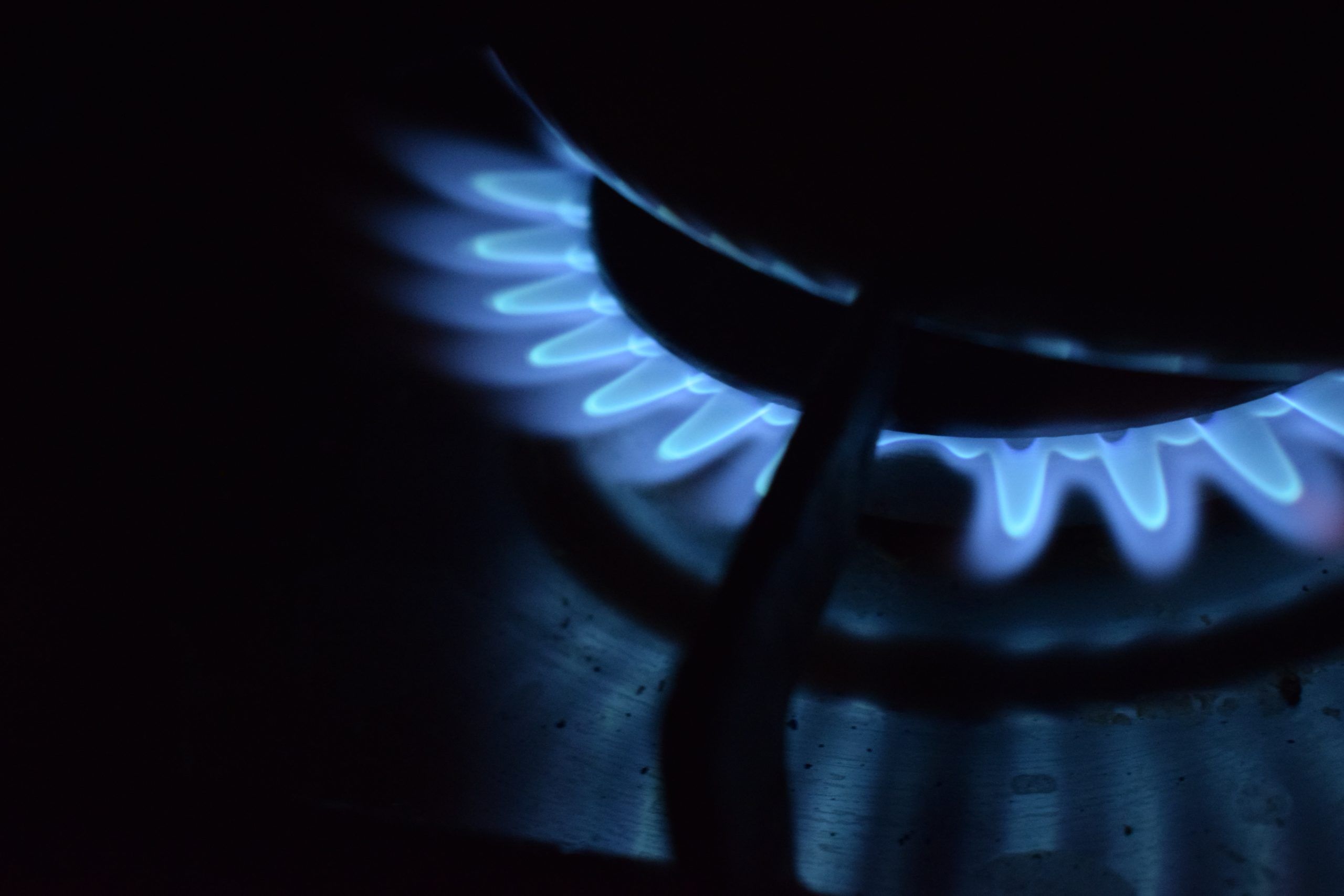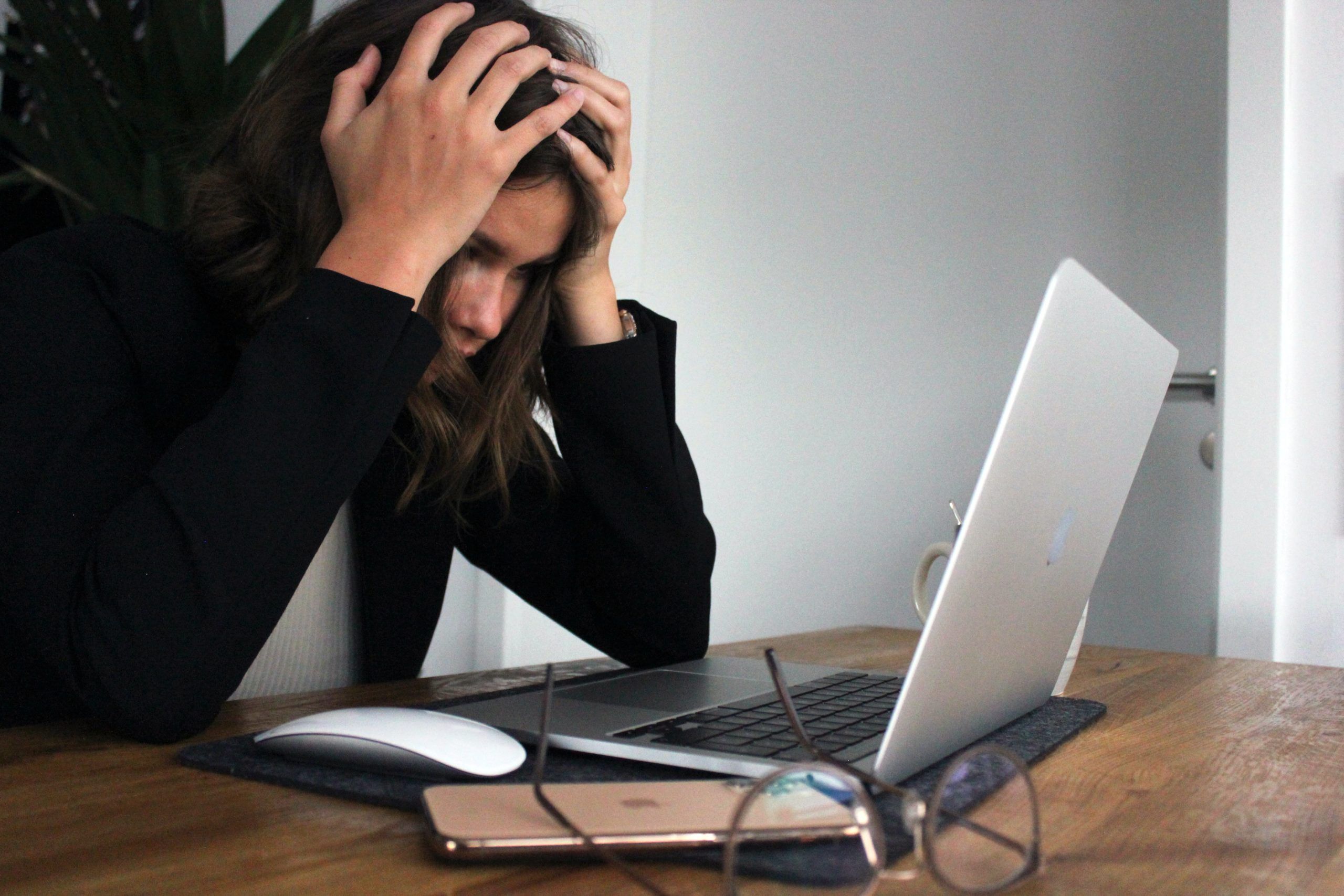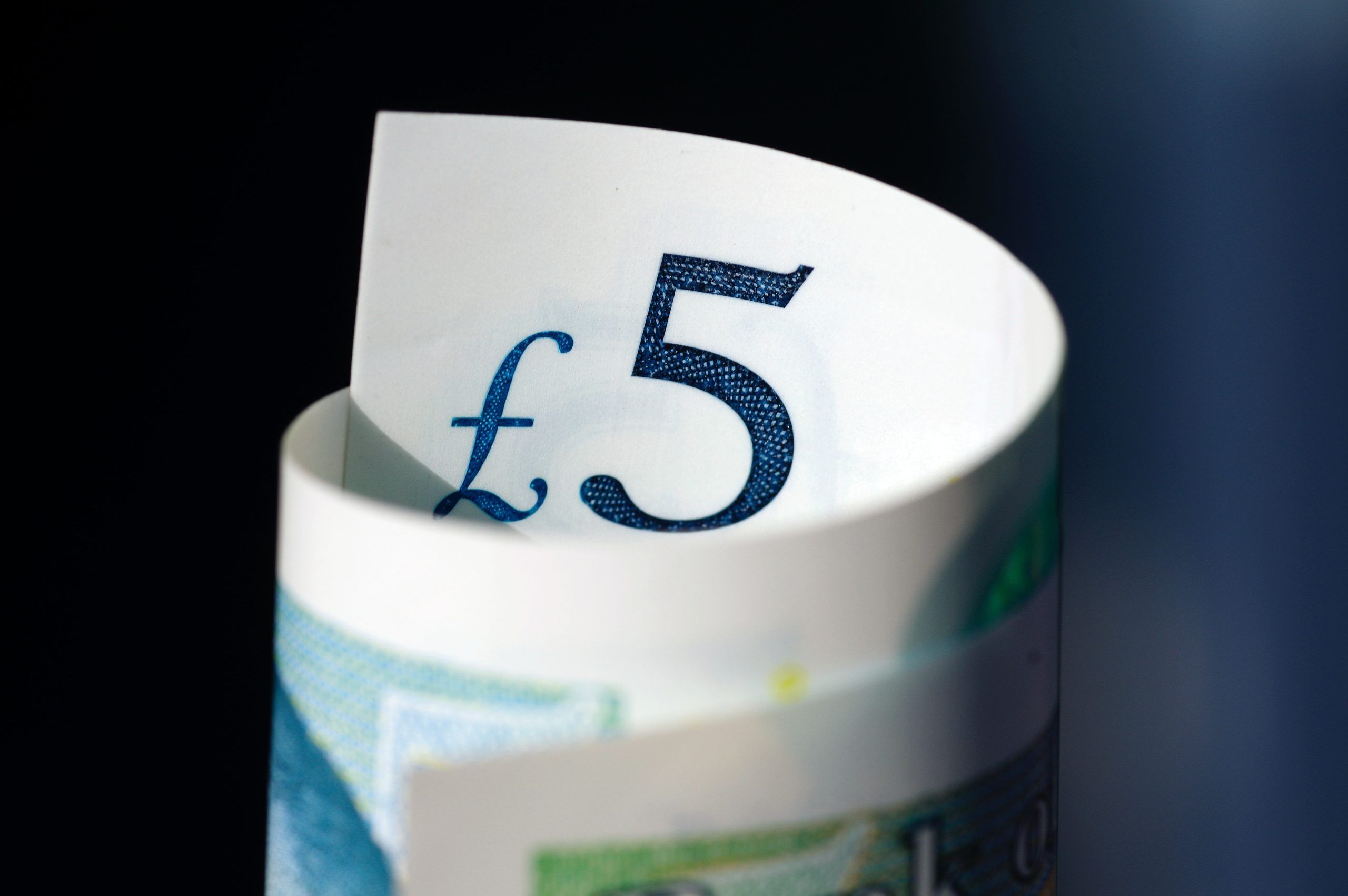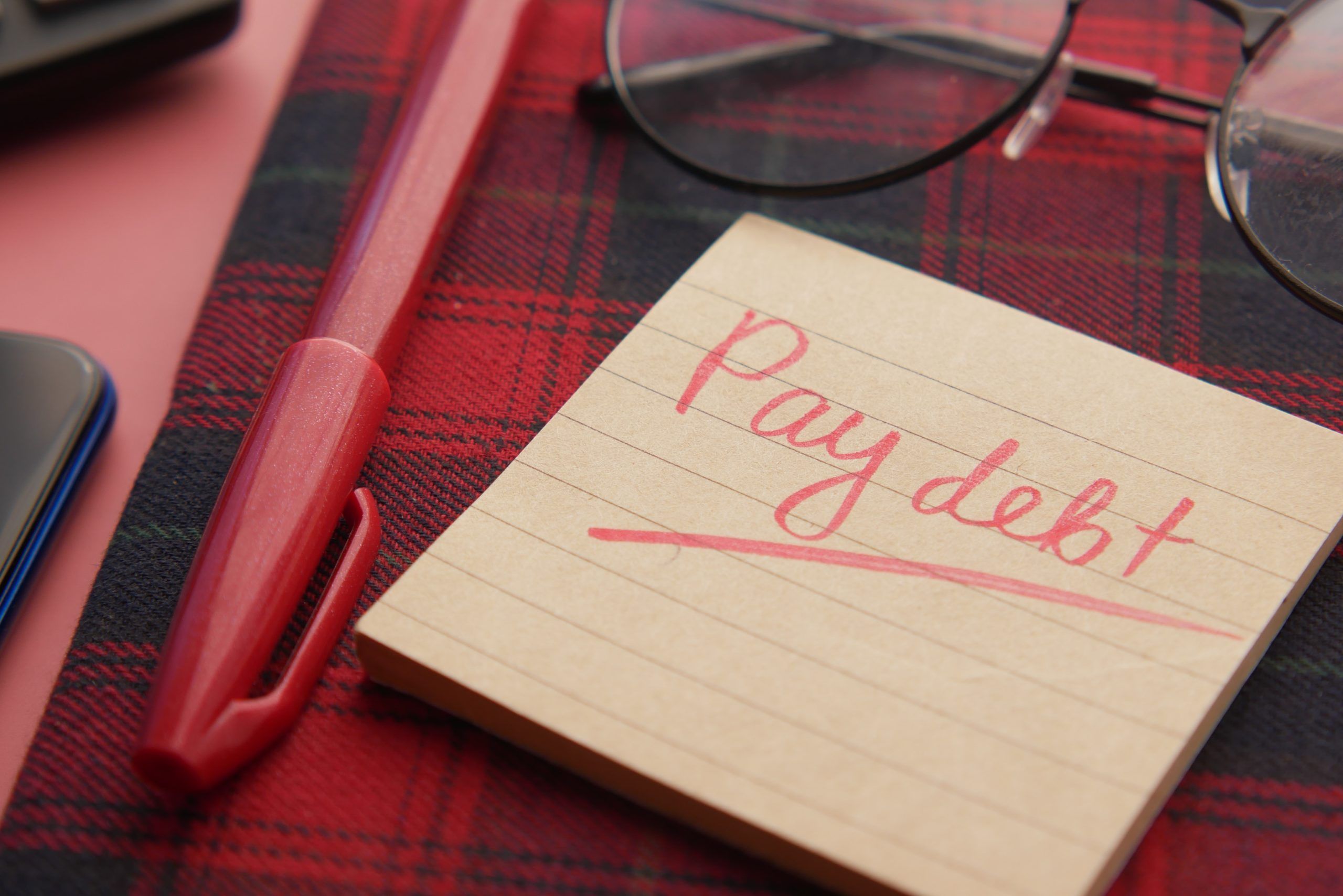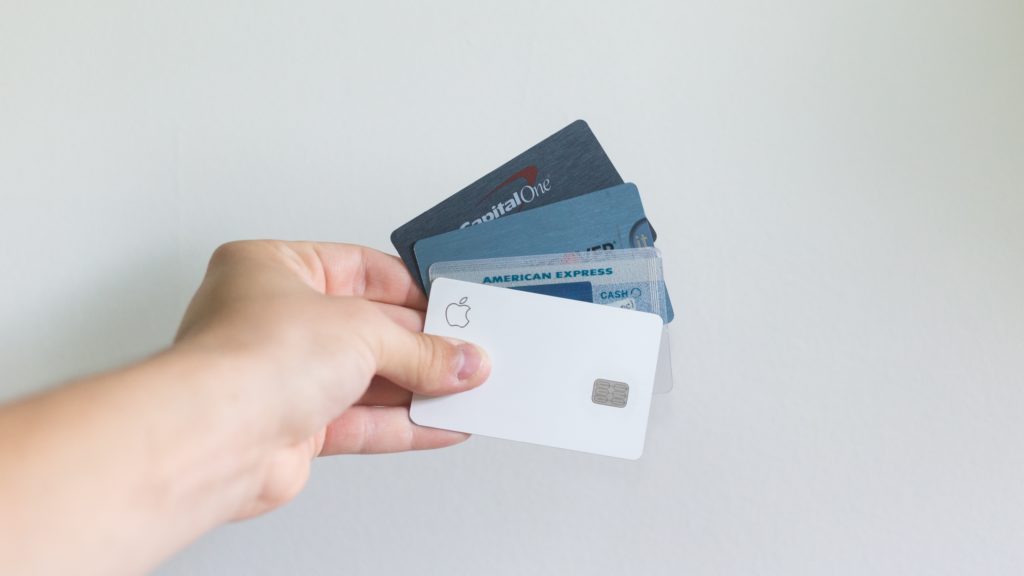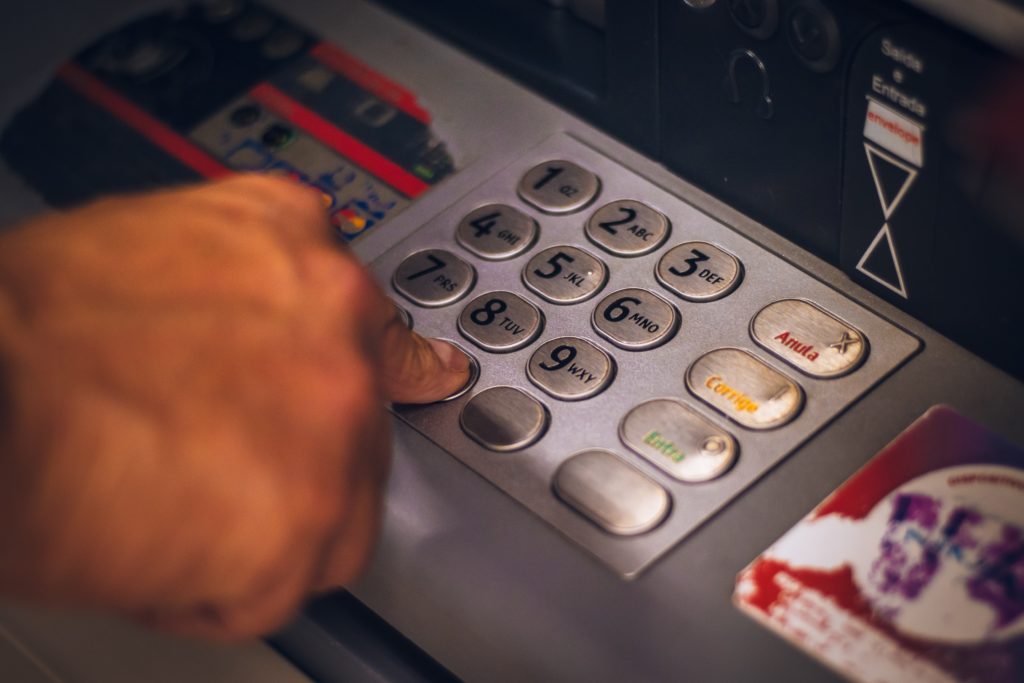What To Do If You Can’t Afford Your Payday Loan
A payday loan is usually a small amount of money that a person can borrow from a lender on a short-term basis. Since people who require a payday loan typically have bad credit, the interest rates are usually high. This can make it difficult for borrowers to pay the lender back. If you’re in this situation, there are steps that you can take and various debt solutions available which can help you out of your financial situation.
Before being accepted for a Payday loan, the lender should consider whether you’ll be able to pay it back. They’ll take into account your incomings and expenditures; however, they can’t advise you whether a Payday loan is the right debt solution for you.
There are debt solutions that may be more financially practical which we’ll provide details on.
However, if you’ve already borrowed money from a payday lender and are struggling to repay them, then consider the below steps:
- Contact your lender and explain your situation. They are required to advise you on where to seek independent debt advice. They may be able to temporarily freeze any interest as well as accept smaller repayments.
- If you’re certain that you’re unable to make payment you could consider cancelling your direct debit so that no further payment can be taken. Before you do this, assess the risks; get in touch with your lender to let them know that you’ll be cancelling. Also, find out if there’d be any cancellation charges. If you’d still like to cancel any further payments being taken, inform your lender of your decision.
- Keep a record of all conversations you have with the lender regarding your payday loan. A paper trail may come in handy should you ever need it in the future for evidence purposes.
- If your lender offers to roll your loan over to the next month do not accept it. There will be extra charges to rolling your loan over which will add to your already outstanding debt.
If you think that your financial problems are long-term, then consider the various debt solutions that are available to help you with your payday loan and other unsecured creditors.
Debt Solutions
The debt solutions that may be available to you if you’re struggling to repay a payday loan include the following:
1) Individual Voluntary Arrangement
An IVA (Individual Voluntary Arrangement) is a legally binding agreement that can be arranged by an Insolvency Practitioner to help you repay your creditors in an affordable way over a set period of time.
Before the payment plan is arranged and put forward to your creditors, your income and expenditure will be assessed by your IP. This is to ensure that you have enough money each month to pay for necessities, such as your rent/mortgage, bills, and food.
Once an affordable amount for the payment plan is decided, and if it’s accepted by your creditors, then you’ll have to pay the agreed amount each month and stick to the agreed terms.
2) Debt Relief Order
A Debt Relief Order (DRO) is ideal if you have limited assets. This debt solution lasts twelve months and if your situation hasn’t improved in this time, then any remaining debt will be cleared.
Once your DRO is in place, your lender will not be able to take any legal action against you.
To be considered for a Debt Relief Order, you must meet certain criteria, such as your debts not exceeding £30,000. Additionally, you must have resided in England, Wales or Northern Ireland. Also, your surplus income must not exceed £75 per month. If you own a property, you will not be eligible to apply for a DRO. You must also pay an upfront fee of £90.
3) Debt Management Plan
A debt management plan is ideal for someone who is struggling with non-priority debts. This includes credit card debt and unsecured loans, such as a payday loan.
A DMP is an informal arrangement between you and your lender where a payment plan is set up based on what you can realistically afford. They are relatively easy to arrange; a third-party company will set up the plan and pay any money owed by you to your lender.
It is worth mentioning that if your lender decides they are no longer happy with the informal arrangement, then they could still take legal action against you.
4) Bankruptcy
If you’ve explored all other avenues and failed to find a solution to pay back your payday lender, then bankruptcy may be an option for you to obtain a clean slate.
You can file for bankruptcy yourself. When applying, you’ll need to pay £680 to the Insolvency Service.
Once you’re declared bankrupt, creditors can no longer take legal action against you. However, if you do have any assets, then these can be sold to pay off your debt.
Your bankruptcy will become public information, and it will remain on your credit report for six years.
Additionally, there are bankruptcy restrictions that you’ll have to abide by, but you are usually released from these after twelve months.
If you are considering entering into a debt solution and want to learn more, then get in touch for further advice. Alternatively, we have several guides and articles available online with more information.
Request a Debt Assessment
Disclaimer: For guidance only. Financial information entered must be accurate and would require verification. Other factors will influence your most suitable debt solution.

